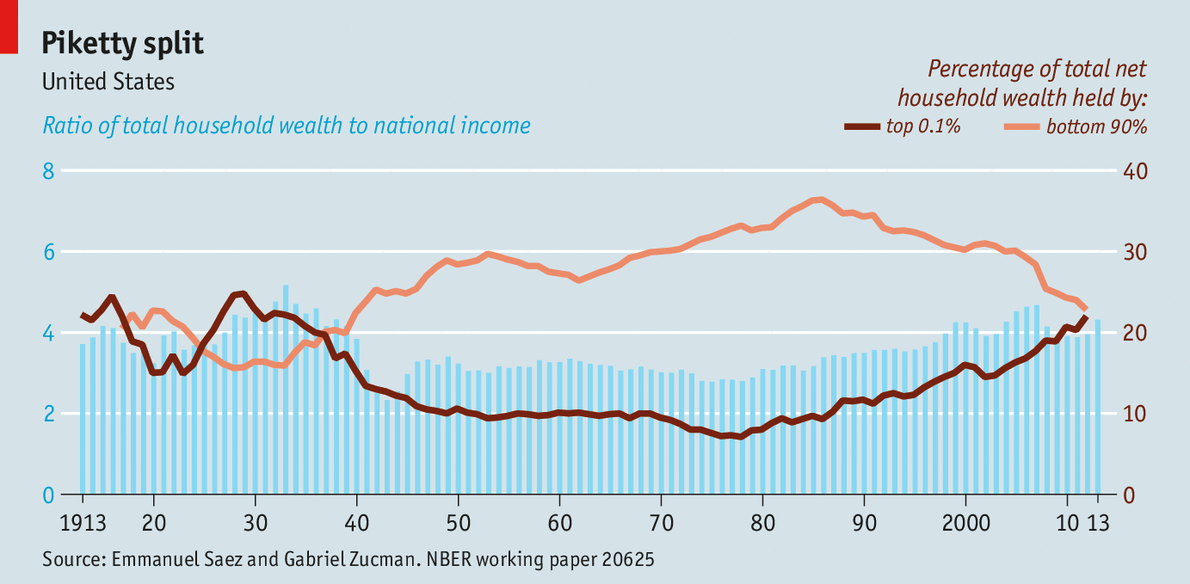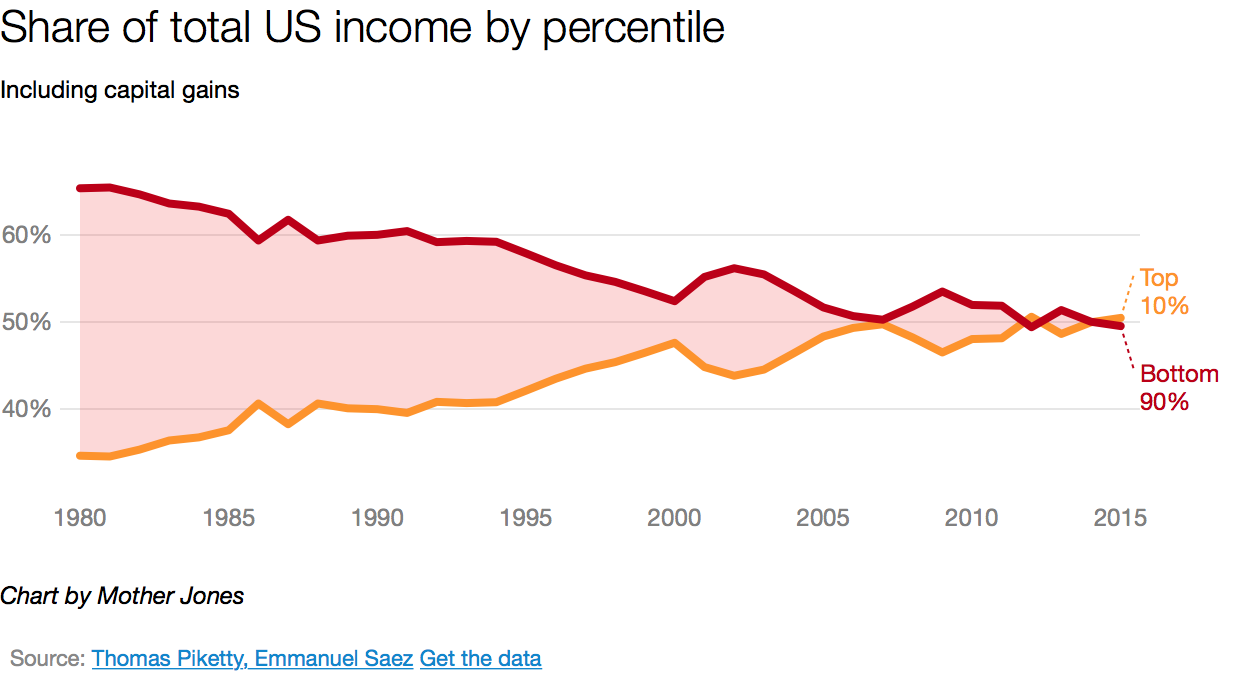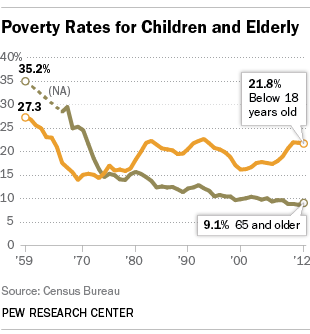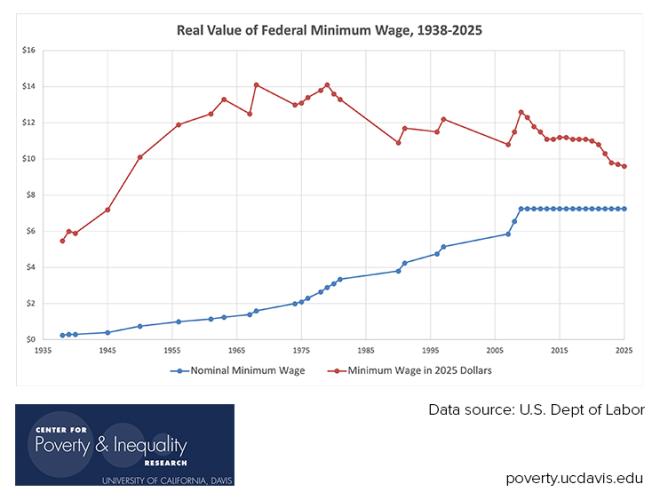- Joined
- Dec 13, 2015
- Messages
- 9,594
- Reaction score
- 2,072
- Location
- France
- Gender
- Male
- Political Leaning
- Centrist
NOTHING HAS CHANGED IN THREE CENTURIES!
About our founding-fathers: They ALL lived at a time that is not even remotely similar to our lives today. There were four royal families originally plundering the newly discovered colonies during the 16th and 17th centuries. They were French, English, Spanish and Portuguese.
At the end of the 17th century the "original Americans" (mostly of British decent) became concerned about freeing themselves from the taxation of a British monarch (who was preoccupied with saving "his colonies" from the French king). He was a despot from a line of despots that had been "arranging" the sale/use of his property in the US according to his whimsy and his profit (colonial taxation revenue). An example of which is how the name "Pennsylvania" (which means "Penn's woods") came to be in the 17th century.
At the beginning of the 18th century, the south was adamant about keeping alive its sole real source of wealth - farming cotton. (The Industrial Revolution had not yet arrived, but would shortly.) For which it needed a great number of field workers and the cheaper, the better. (We all know where they came from, don't we.)
We are now two-centuries later and still dragging into the current debate the "will of our founding fathers" to refute the fact that the US is afflicted with one of the most unfair Income Disparities of any developed nation on earth.
Regardless of the historical reference to the Declaration of Independence and the original Constitution - both artful pieces of work - for development, the colonies were highly dependent upon human manpower. And there was little consideration on who worked and who benefited from that work. Which is how America's rich came manipulated the levers of political power.
This historical fact is testified by this bit of more recent research by the UofCal of "who gets what in terms of income that creates wealth":
*Here (since the inception of the Income Tax) -

*And here (focusing on a more recent history):

Period - one cannot escape the results of research by qualified scholars such as Piketty and Saez. (Unless of course, you are deaf, dumb and blind.)
America is still very much the country it was in the 17th/18th centuries as regards "who gets what and the unfettered right of some to despoil the many"...
About our founding-fathers: They ALL lived at a time that is not even remotely similar to our lives today. There were four royal families originally plundering the newly discovered colonies during the 16th and 17th centuries. They were French, English, Spanish and Portuguese.
At the end of the 17th century the "original Americans" (mostly of British decent) became concerned about freeing themselves from the taxation of a British monarch (who was preoccupied with saving "his colonies" from the French king). He was a despot from a line of despots that had been "arranging" the sale/use of his property in the US according to his whimsy and his profit (colonial taxation revenue). An example of which is how the name "Pennsylvania" (which means "Penn's woods") came to be in the 17th century.
At the beginning of the 18th century, the south was adamant about keeping alive its sole real source of wealth - farming cotton. (The Industrial Revolution had not yet arrived, but would shortly.) For which it needed a great number of field workers and the cheaper, the better. (We all know where they came from, don't we.)
We are now two-centuries later and still dragging into the current debate the "will of our founding fathers" to refute the fact that the US is afflicted with one of the most unfair Income Disparities of any developed nation on earth.
Regardless of the historical reference to the Declaration of Independence and the original Constitution - both artful pieces of work - for development, the colonies were highly dependent upon human manpower. And there was little consideration on who worked and who benefited from that work. Which is how America's rich came manipulated the levers of political power.
This historical fact is testified by this bit of more recent research by the UofCal of "who gets what in terms of income that creates wealth":
*Here (since the inception of the Income Tax) -

*And here (focusing on a more recent history):

Period - one cannot escape the results of research by qualified scholars such as Piketty and Saez. (Unless of course, you are deaf, dumb and blind.)
America is still very much the country it was in the 17th/18th centuries as regards "who gets what and the unfettered right of some to despoil the many"...



